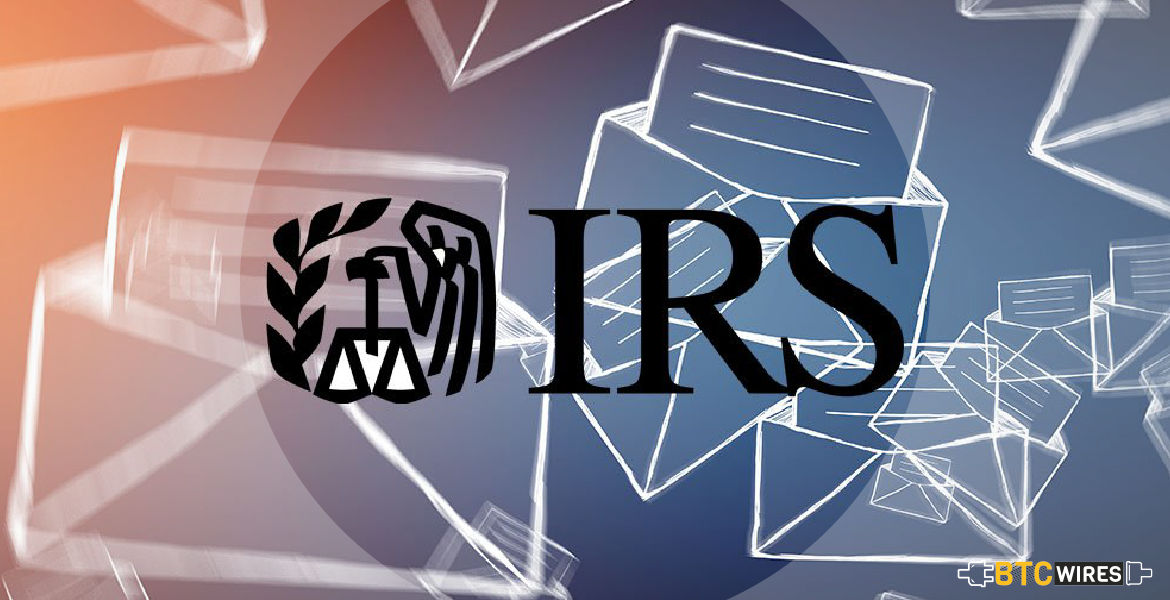Since its inception, Bitcoin has been synonymous with privacy as

Since its inception, Bitcoin has been synonymous with privacy as well as anonymity owing to the fact that users don’t need to provide their credentials to send or receive this digital currency.
Rather than being connected to a debit card or credit card, transactions are linked to unique addresses and stored in a blockchain.
In the blockchain, the building blocks are actually the tamper-resistant digital records. While Bitcoin gives an enhanced degree of privacy to the savvy users on the web, total anonymity isn’t guaranteed.
Also, the IRS recently got a summons to investigate tens of thousands of Bitcoin transaction records. However, the summons is restricted to a narrow band of transactions on Coinbase, which is a popular online cryptocurrency exchange.
However, the summons perhaps can establish a precedent for the IRS to take the same actions against other Bitcoin exchanges in the future.
In any case, when a crypto investor goes to fiat currency, then the deposit to their bank account will most likely generate an automatic record in excess of $10,000 that will be received by the IRS.
This will be available to all of the various state governments as they share data with the IRS. It is like a felony to structure cash deposits to be less than $10,000 for avoiding this automatic IRS reporting by the bank.
You May Also Read: Can Bitcoin Ever Surpass Visa And MasterCard?
Can the IRS See Your BTC Transaction Records?
Well, on several occasions, Bitcoin tax attorneys have written about the legal battle between Coinbase as well as the IRS in the tax law.
According to the law, after receiving recommendations from the US Treasury Inspector General for Tax Administration for updating as well as strengthening the ageing regulatory guidelines to report Bitcoin as well as other digital currencies, the IRS sought a broad and controversial “John Doe” summons successfully.
In its original form, the John Doe summons have allowed the Service for forcing hundreds of thousands of records from Coinbase, reverberating events of 2008, when the IRS was authorized to use a John Doe summons for requesting account information from Swiss Bank UBS.
As noted by Coinbase officials, the company later convinced the court to narrow the scope of the original summons, while shortening its legal reach from nearly 480,000 Coinbase user records to nearly 14,000.
Particularly, the narrowed summons authorizes the IRS to investigate the transactions exceeding $20,000 carried out amid 2013-2014 and 2015 including, selling, purchasing, sending and receiving Bitcoin.
You May Also Read: Is Bitcoin Safe?
The Takeaway Message for Taxpayers?
In case you used Coinbase to conduct any significant transactions amid 2013, 2014, or 2015, then you should instantly review your financial records with an experienced tax attorney, who can,
- Determine whether you are in compliance with Bitcoin reporting requirements
- Take appropriate steps to bring you again into compliance where necessary, and
- Offer an aggressive representation in case you are audited or criminally investigated by the IRS, as a result, underreported Bitcoin transactions.
This segues perfectly into the matter of tracking Bitcoins by the IRS.
Here are a Few Articles for you to Read Next:
